Help! My Child’s Pearlie Whites Are Turning Black!
While baby teeth are only temporary, cavities can cause pain. Baby teeth are also vital for mouth movements such as speaking and chewing. Here are some ways how parents can prevent tooth decay before junior starts complaining about that toothache.
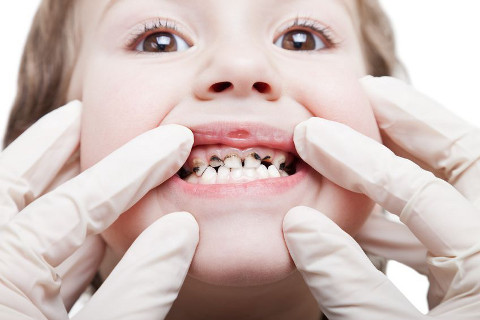
Q: My 21-month-old son has a white patch on his tongue from breastfeeding and his two front teeth are starting to decay. How can I prevent his teeth from further decay? Is there a way to fix the decay?
Once decay starts on a tooth, it will continue to spread until the decay is removed and a filling is placed on the tooth. Certain chemicals like topical fluoride or Recaldent can help to slow down the rate of decay. To prevent further teeth from decaying, you should brush your child’s teeth at least twice a day and wipe the surfaces of his teeth with a soft damp cloth after nursing. You should consult your family dentist to formulate a treatment plan on how to manage the cavities.
Q: My girl is 6 years old but her baby tooth is still not shaky and there are signs of decay. What is the estimated age for new adult teeth to start growing?
The front teeth will start falling out at 6 years old and this will continue all the way until to the back teeth at about 12 to 13 years old. Thus it is important to maintain a healthy set of primary teeth free of decay as premature loss due to decay can lead to a host of problems such as inability to consume solid food, impairment of speech development and poor positioning of the succeeding adult teeth as the primary teeth hold the spaces for them.
Q: Will untreated decayed teeth affect a person’s overall health?
Yes, untreated decayed teeth do affect a person’s overall health. As mentioned before, losing teeth early leads to problems such as the inability to consume solid foods, which in turn leads to poor nutrition. Untreated tooth decay also causes pain and sensitivity which can affect a person’s emotional state too.
Q: Should pre-schoolers have their teeth flossed? Is it fine to floss after brushing or must flossing come first?
The molars in a pre-schooler are usually close together and this is a potential food trap, so parents should floss their children’s teeth. Some children’s front teeth are also close together, touching each other so those need to be flossed daily as well. It is ideal to floss your and your children’s teeth once a day, before brushing.
By Dr Chin Shou King, Dental Surgeon & Director, T32 Junior (Kid’s Dentistry).
This article was first published in The New Age Parents e-magazine.
Enjoyed reading this or learned something new? Click the Like and Share button below!
Want to be heard and seen by over 100,000 parents in Singapore? We can help! Leave your contact here and we’ll be in touch.




































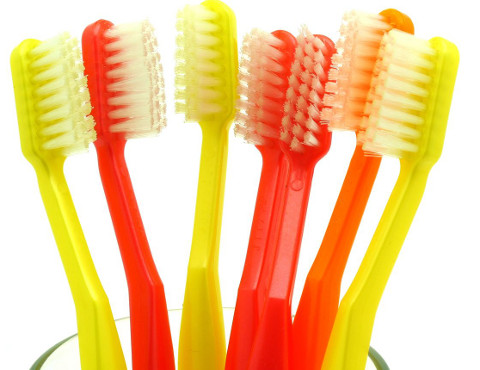
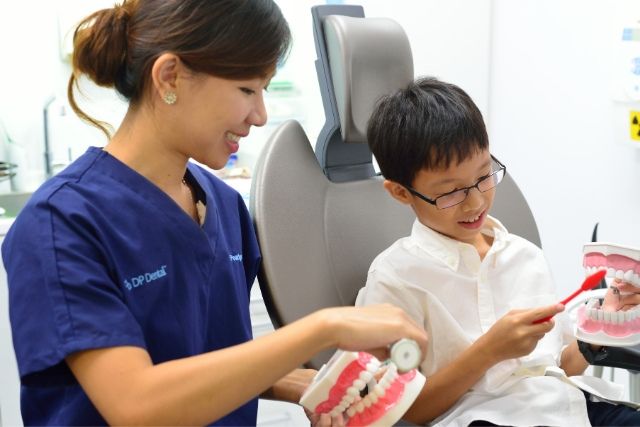

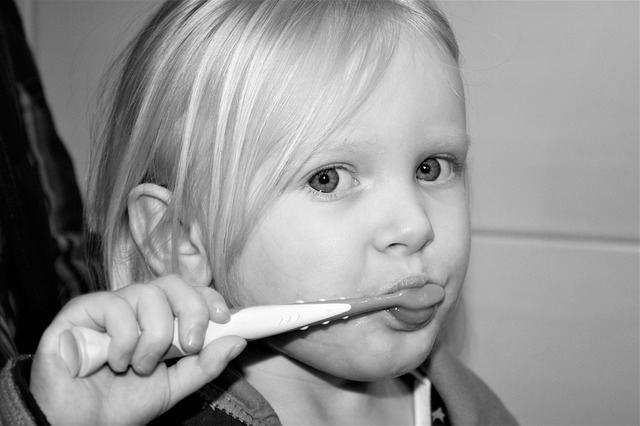
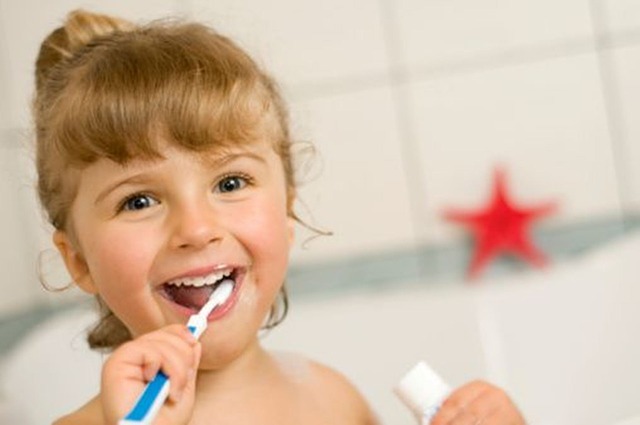
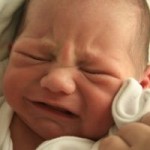

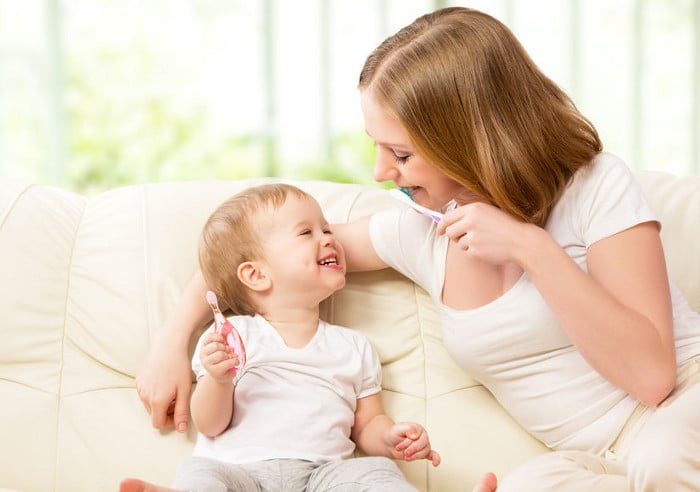
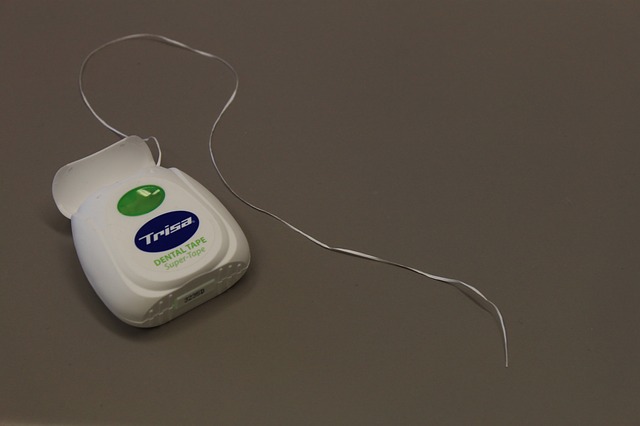
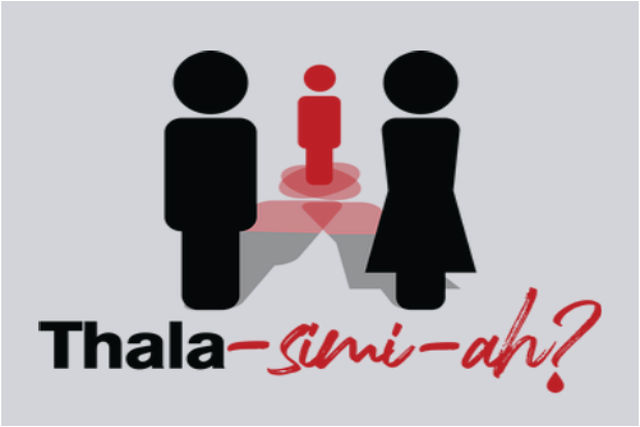
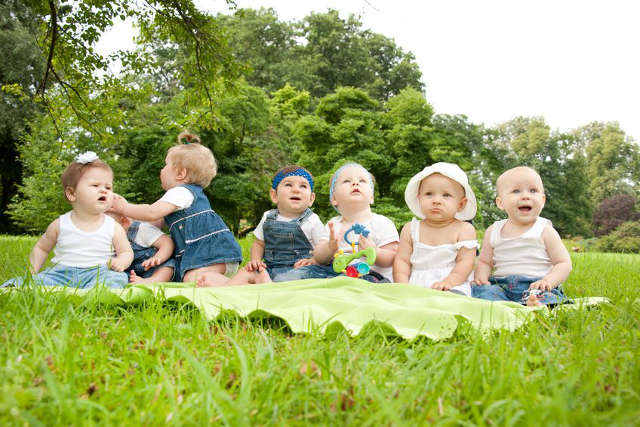









Leave a Comment: